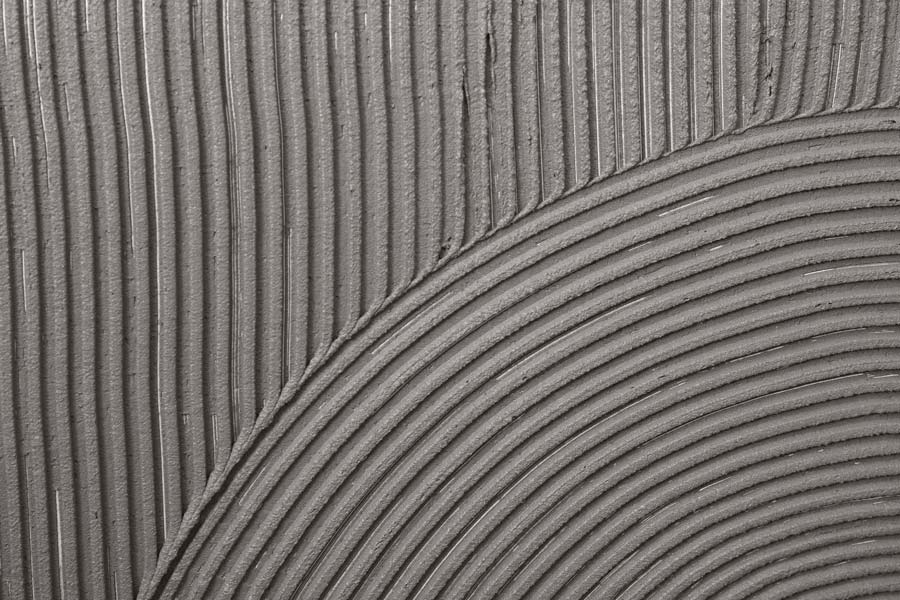Blog Stone Maintenance Tips & Information
Choosing the Right Grout for Your Project

There are many different types of grout that you can choose for your home improvement project. The type of grout that you choose will make a difference in how long your tile lasts so we recommend taking enough time to consider each option.
Epoxy
One of the most popular types of grout is epoxy. Epoxy is a favorite choice because it is durable and resistant to most types of stains. If you are a home with young children, then you know how hard it can be to keep things clean. Epoxy can withstand harsh chemical cleaners and even water damage, so we recommend this option for busy homes. However, it can yellow over time and cannot always be used outdoors (there are indoor and outdoor epoxy grout options). Epoxy grout comes in two parts and should be installed by a professional because it is quick-drying and there isn't much time to adjust mistakes made while installing. Although Epoxy doesn't need a sealant, it is the most expensive option on our list.
Sanded Grout
Another popular option is sanded grout. Sanded grout is cement-based and consists of a mixture that is part sand as well as part cement. The sand is what creates the bond and keeps the grout from cracking. Sanded grout is often used around pool tile because it is slip-resistant. Sanded grout works best if the grout lines are wider (1/10th of an inch or more). Sanded grout is thicker than non-sanded grout, so it works best in larger joints whereas non-sanded grout works well in narrow spaces.
Non-Sanded Grout
Non-sanded grout is another popular option and is also cement-based. This grout is best for smaller line spacing areas. It is sticky when applied and makes the most sense for vertical applications (walls). This is also a great choice for delicate tile areas such as glass tile. Non-sanded grout does not need to be sealed but usually is sealed.
For more information on grout options as well as tile options, please contact our experts at Stone Restoration Works. We would love to help you with your grout selection.
By Stone Restoration Works 4-28-2021
